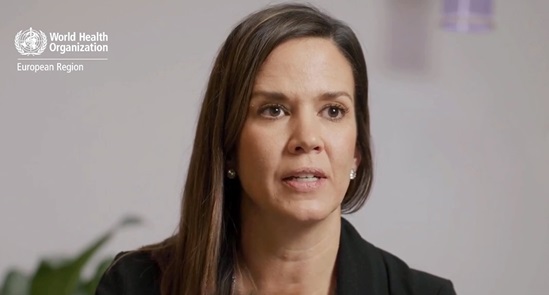Alcohol use
The WHO European Region has the highest proportion of drinkers and the highest intake of alcohol in the world. Consumption of alcohol is a preventable risk factor that can cause premature death and over 200 diseases including seven types of cancer, neuropsychiatric disorders, cardiovascular diseases, cirrhosis of the liver and several infectious diseases.
Across the WHO European Region, alcohol causes almost 1 million deaths annually, contributing significantly to unintentional and intentional injuries. The damaging impact of alcohol starts early in the life course. Prenatal alcohol exposure can lead to fetal alcohol spectrum disorders (FASD), an umbrella term for a range of birth defects which include physical, mental, behavioural and/or learning disabilities with possible lifelong implication and which unlike many other disabilities are 100% preventable. In addition, alcohol is responsible for 1 in every 4th death in the age group of 20–24-year-olds affecting not only demographic trends but being also a leading cause of working life years lost and hence of losses in economic development and productivity in the WHO European Region.
WHO/Europe works to develop international policy for alcohol control, with a focus on the need for action to decrease alcohol-related harm.
In supporting Member States to take all practical and effective measures to decrease alcohol consumption and alcohol-related harm, WHO/Europe works closely with WHO national alcohol counterparts in each of its Member States and three collaborating centres.











